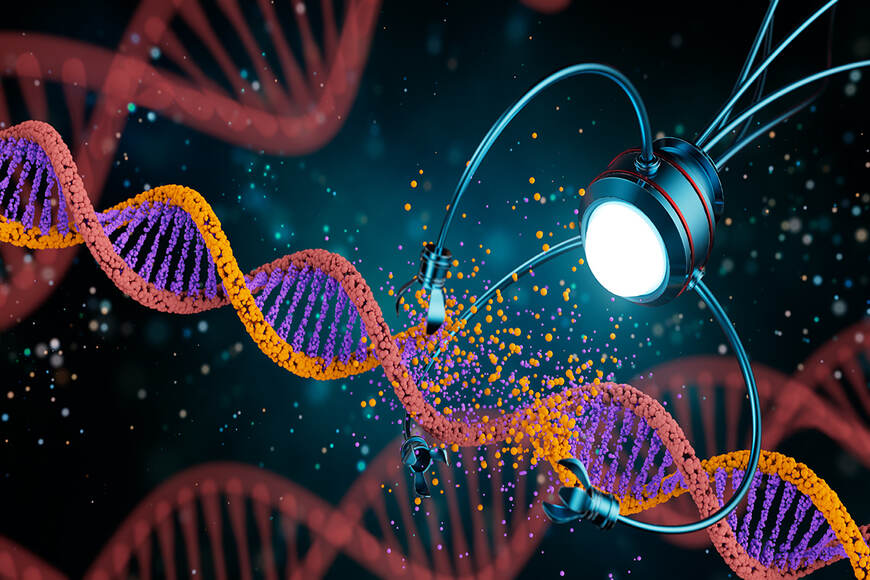The science of genetics is a broad term, intricately linked to evolution through eugenics. It is a complex subject, but our focus is on the future, not just the future of genetics. In particular, the future of genetics revolves around CRISPR, a term used to describe the process of altering DNA in living organisms, both naturally and artificially. CRISPR wasn’t invented but rather discovered when bacteria were observed changing their DNA using a set of proteins.
What CRISPR essentially does is the proteins interact with specific DNA sequences, altering portions of amino acids to modify the DNA. This discovery led to the development of new methods of replication, resulting in the creation of GMOs (Genetically Modified Organisms). GMOs have been utilized in various medications for quite some time. However, there is ongoing debate regarding the potential health risks associated with GMO plants. Despite concerns, scientific evidence suggests that GMOs are not inherently harmful and should not be dismissed as such.
GMOs hold immense potential for modifying various aspects of life, including humans. Therefore, it’s crucial to acknowledge that GMOs represent the future of science and genetics.

